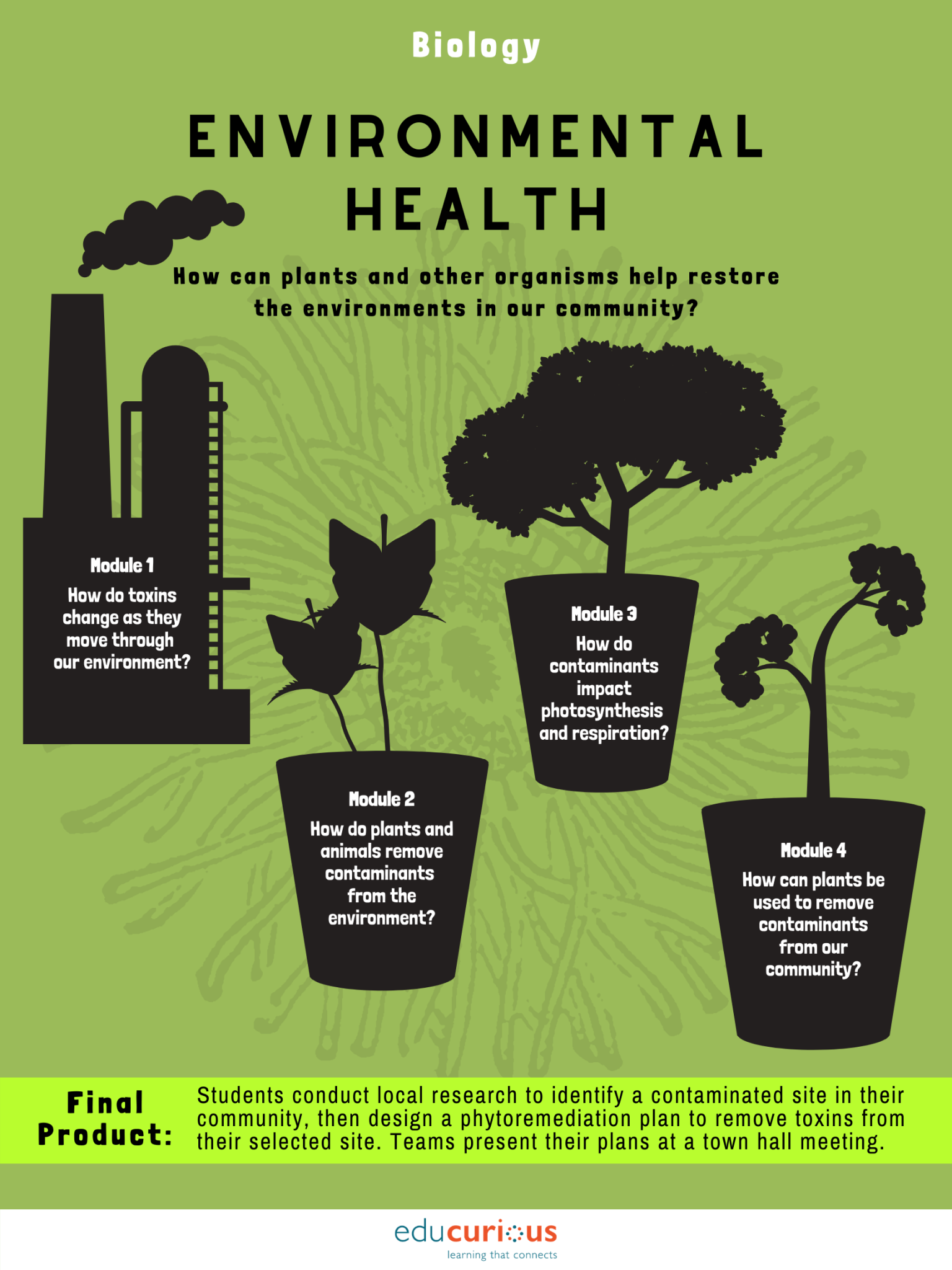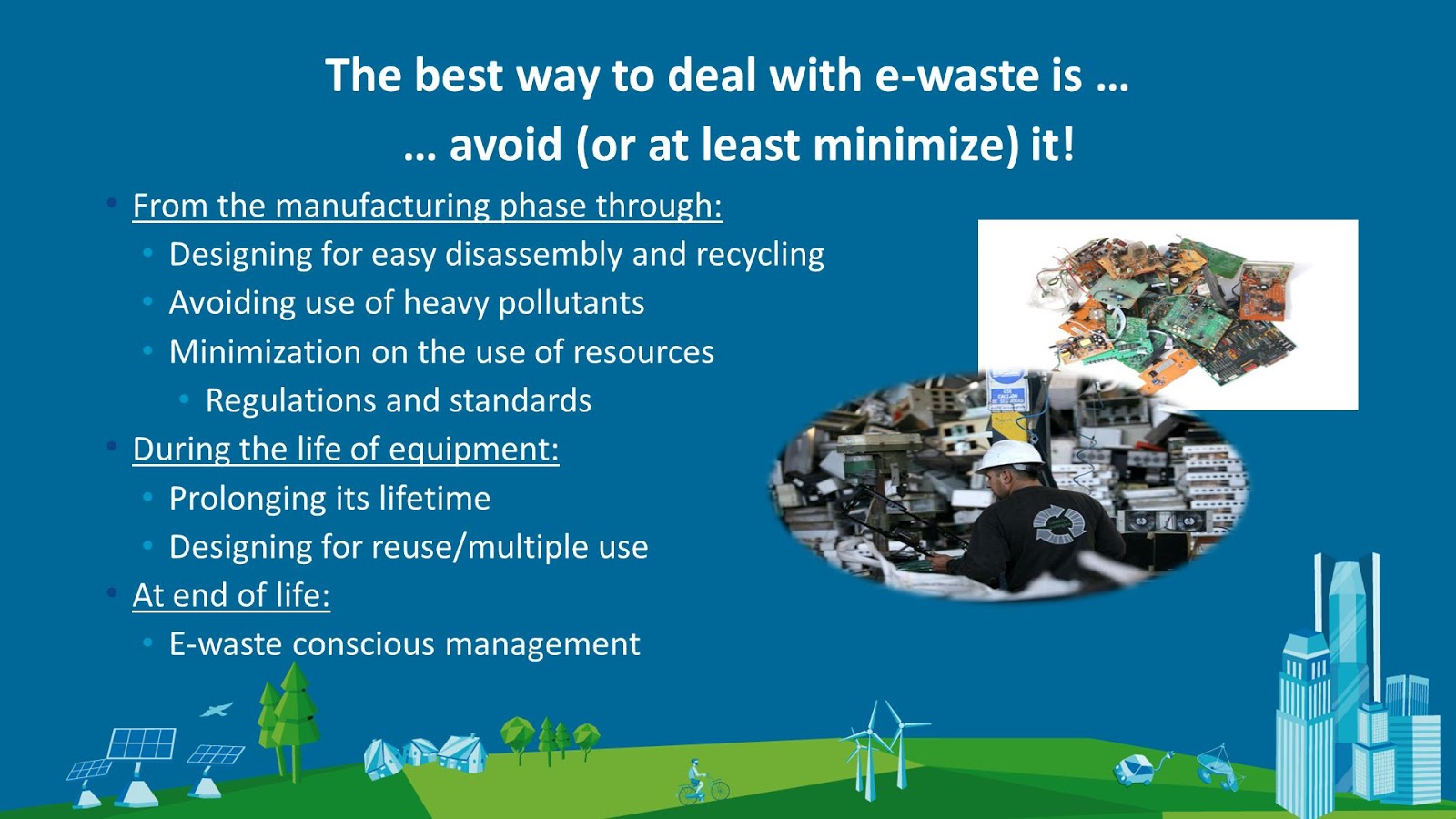Health And Environment Effect In Waste Management Presentation
| Introduction to Health and Environmental Effects of Waste Management | ||
|---|---|---|
| Proper waste management practices are essential for maintaining the health and well-being of both humans and the environment. Inadequate waste management can lead to various health problems and negative environmental impacts. This presentation will explore the effects of waste management on health and the environment and highlight the importance of proper waste disposal. | ||
| 1 | ||
| Health Effects of Poor Waste Management | ||
|---|---|---|
| Improper waste disposal can contaminate air, water, and soil, leading to the spread of diseases. Exposure to hazardous waste and toxic substances can result in respiratory problems, skin irritations, and other health issues. Improper waste management practices can attract pests and vermin, increasing the risk of vector-borne diseases such as malaria or dengue fever. | ||
| 2 | ||
| Environmental Impacts of Inadequate Waste Management | ||
|---|---|---|
| Improper waste disposal can lead to the pollution of water bodies, harming aquatic life and ecosystems. Landfill sites produce harmful greenhouse gases like methane, contributing to climate change. Improper waste management practices can lead to soil contamination, affecting the growth of plants and leading to decreased biodiversity. | ||
| 3 | ||
| Importance of Recycling and Waste Reduction | ||
|---|---|---|
| Recycling reduces the need for raw materials, conserves energy, and reduces greenhouse gas emissions. Waste reduction practices, such as composting and reusing items, reduce the amount of waste sent to landfills. Implementing recycling and waste reduction programs can promote a circular economy and reduce the environmental burden of waste management. | ||
| 4 | ||
| Role of Proper Waste Disposal | ||
|---|---|---|
| Proper waste disposal prevents the release of hazardous substances into the environment, reducing health risks. Utilizing waste treatment technologies, such as incineration or anaerobic digestion, can minimize the environmental impact of waste. Encouraging the use of proper waste disposal facilities and promoting awareness about waste management practices are crucial for maintaining a healthy environment. | ||
| 5 | ||
| Promoting Public Health and Environmental Education | ||
|---|---|---|
| Education and awareness campaigns play a vital role in highlighting the importance of proper waste management. Informing the public about the health risks associated with improper waste disposal can encourage behavior change. Educating individuals about recycling, waste reduction, and the benefits of sustainable waste management practices can lead to more responsible waste handling. | ||
| 6 | ||
| Government Regulations and Policies | ||
|---|---|---|
| Governments play a significant role in implementing waste management regulations and policies. Enforcing strict waste disposal guidelines can ensure proper waste handling practices are followed. Governments should invest in waste management infrastructure and support research and development of sustainable waste treatment technologies. | ||
| 7 | ||
| Collaborative Efforts and Community Participation | ||
|---|---|---|
| Collaboration among various stakeholders, including government agencies, communities, and industries, is crucial for effective waste management. Community participation in waste management initiatives, such as waste collection drives or recycling programs, can foster a sense of responsibility and ownership. Public-private partnerships can help improve waste management infrastructure and services, leading to better health and environmental outcomes. |  | |
| 8 | ||
| Conclusion | ||
|---|---|---|
| Proper waste management practices are essential for protecting both human health and the environment. Inadequate waste disposal can lead to various health problems and negative environmental impacts. By promoting recycling, waste reduction, and proper waste disposal, we can create a sustainable future with a healthier environment for generations to come. | ||
| 9 | ||







